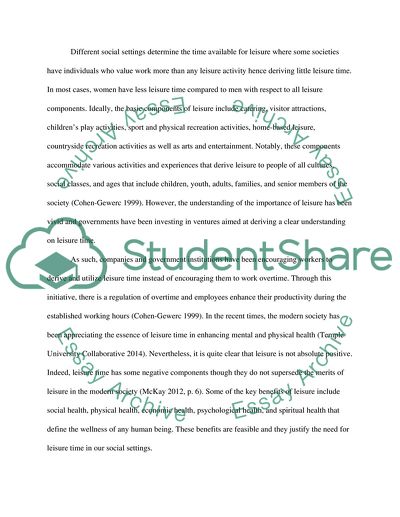Cite this document
(“Sport and Recreation Management Essay Example | Topics and Well Written Essays - 2000 words”, n.d.)
Retrieved from https://studentshare.org/sports-and-recreation/1649686-sport-and-recreation-management
Retrieved from https://studentshare.org/sports-and-recreation/1649686-sport-and-recreation-management
(Sport and Recreation Management Essay Example | Topics and Well Written Essays - 2000 Words)
https://studentshare.org/sports-and-recreation/1649686-sport-and-recreation-management.
https://studentshare.org/sports-and-recreation/1649686-sport-and-recreation-management.
“Sport and Recreation Management Essay Example | Topics and Well Written Essays - 2000 Words”, n.d. https://studentshare.org/sports-and-recreation/1649686-sport-and-recreation-management.


